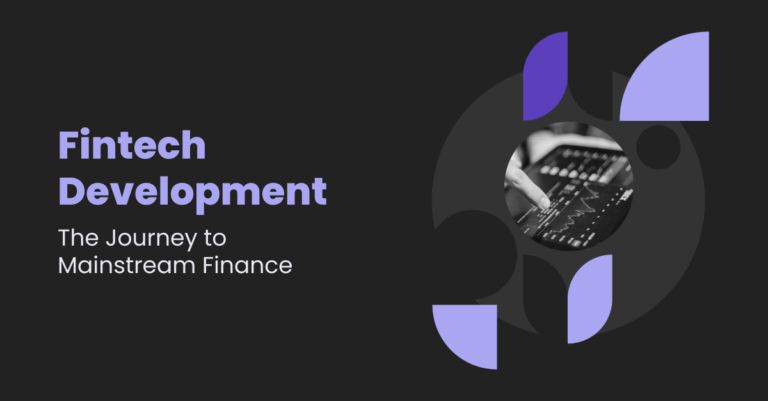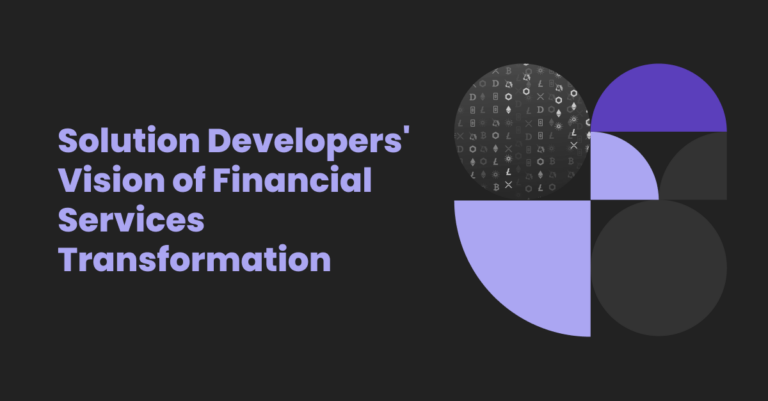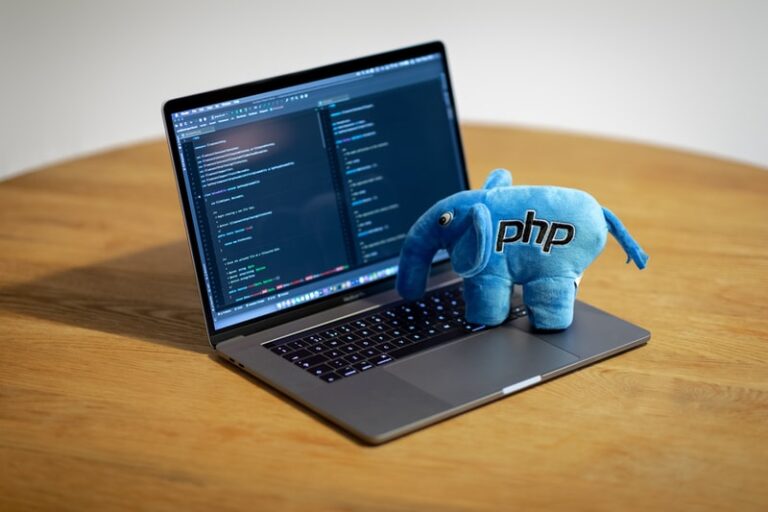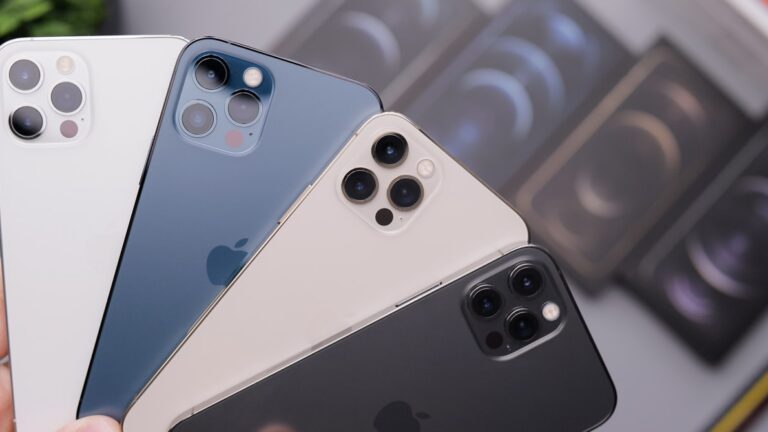There are 6.4 billion smartphone users in the world. If you can’t imagine this number, just think of roughly 80% of the world population. 4.32 billion of them are active mobile Internet users. This creates great business opportunities to reach new audiences and engage new customers. Today, more companies than ever are choosing to create mobile apps to reinforce their business strategies.

As of the first quarter of 2021, Google Play offered 3.48 million apps.
If you’re considering creating your own Android app development solutions, you might wonder what the best language for Android apps is. Here’s an overview of the most popular options developers choose.
Android Development Today
Android is one of the most recognized brands worldwide. Together with Apple, it has 99% of the global mobile Operating System (OS) market. As of June 2021, Android was controlling this market with a share of almost 73%. Moreover, with over 2.8 billion active users worldwide, the OS has an 85% market share in Turkey, Brazil, Indonesia, Vietnam, and India.
There are 12 million mobile app developers worldwide. Half of them say they are primarily engaged in Android development.

Creating your company app can promote your business and significantly boost sales. 69% of smartphone users will most likely make a purchase if they can easily find answers to their questions with a company’s mobile app. Most companies opt for cross-platform solutions. However, if you decide to start with Android, you need some details to start with.
Let’s have a look at what programming languages applications on the Android OS are mostly written in.
You may also be interedted in our native Android app development services page.
Programming Languages for Android Development

While Java and Kotlin are the official languages of Android development, it’s not limited to these two. In fact, many options can be used to create a quality application. Some languages have a built-in development environment, which makes it much easier to create an application. Other programming languages for Android apps need additional tools, but their functionality is no less extensive.
Java
Java is high-level, class-based, object-oriented, and one of the most powerful programming languages. If you Google “What programming language do Android apps use?” it will be the first answer. In 2014, Google recognized Java’s Android Studio as the official Android programming environment. It made the development process easier for developers, as it has a simplified visual UI editor. However, it’s a rather complex language with a long learning curve and is quite challenging for beginners.
Kotlin
Kotlin is a cross-platform, statically typed, general-purpose programming language that replaced Java as Google’s preferred instrument for Android development in 2019. That’s why it’s often called a new Android programming language. It’s easily integrated with many frameworks, easy to learn, short, and concise. Clear syntax improves development performance and makes sequencing easy to maintain.
C/C++
C++ is general-purpose and one of the oldest programming languages. It’s used for creating native apps with powerful functionality – from games to technically sophisticated solutions. C++ is a universal language that supports different programming styles and provides developers with a lot of freedom and flexibility. Being one of the basic languages, it’s suitable for any programming environment. You can build the entire app using C/C++ and different supportive libraries. You’ll also need Native Development Kit (NDK) to support your C/C++ code within the Android Studio.
С#
C# is an open-source, general-purpose, multi-paradigm programming language developed by Microsoft around 2000. Although some developers are skeptical about Microsoft products, C# is a well-loved instrument; it combines C++ and Java’s best features while lacking C++ and C’s complexities. It provides access to the most functional environments – Visual and Xamarin Studio. It’s also used in Unity, the real-time 3D development platform.
Python
Python is an interpreted high-level, general-purpose programming language, and it’s the second most popular one in the TIOBE Index for August 2021. It’s a scripting language that is beginner-friendly, which partially explains its popularity. Although Python is often listed as one of the Android coding languages, this OS is not ready to use Python as the main language for creating native apps. However, it’s not impossible. The developers have come up with a lot of tools for integrating Python on Android. You just need to build them correctly.
Programming Languages for Web Development
HTML, CSS, and JavaScript are the holy trinity of web development. Without these three, you limit yourself to apps of a rather limited focus. Even if you don’t want to touch this development area, it’s unlikely you can avoid building hybrid apps. Android developers use frameworks (like famous Facebook’s React Native) to integrate JS.
Frameworks and Technologies
Some developers write an app’s entire code from scratch. However, it’s not possible to name the best language for android apps. So other programmers choose to optimize their time and workload using frameworks. Here are the most popular technologies used in cross-platform and Android development.
- React Native
It’s a popular open-source mobile app framework introduced by Facebook. It uses built-in interface components and APIs. Framework reads JavaScript and allows writing native code in Java and Kotlin.
- Xamarin
Xamarin is an open-source platform for building powerful Android, iOS, and Windows applications based on .NET technology. Xamarin has a user-friendly development environment and its component, Xamarin.Forms, allows you to create applications using user-interface code written in C# or XAML. Xamarin allows developers to write the entire app’s business logic using a single programming language.
- Ionic
Founded in 2012, Ionic is one of the most popular cross-platform development environments. It’s a free, open-source framework (MIT license). With Ionic, you can create Android applications using web-based technologies: HTML5, CSS3, and JavaScript.
The list of frameworks includes but is not limited to RetroFit, Volley, Dagger2, Picasso, Espresso, Rails, and many others.
Creating Your Own Android App
Once you know what programming languages applications on the Android OS are mostly written in, you might wonder about the next step – what it takes to create one. Time and budget vary depending on the project’s complexity, but usually, the development process implies five steps:
- Planning;
- Analysis and design;
- Development;
- Quality Assurance testing;
- Launch.
There are different approaches to the process, but hiring an expert team providing professional Android Application Development Services ensures the successful completion of your project. This way, you can significantly save time and resources, as experienced developers take care of your project from initiation and provide you with product support after the launch.
Final Words
It’s quite difficult to say what the best language for Android apps is, as they all may be a perfect option for solving particular tasks. Most Android developers work with Java and Kotlin, as Google officially approves them. However, seasoned professionals use much wider toolkits. Integrating specific features to your business app, for example, might require using certain frameworks or technologies.
There are quite a lot of options existing for Android development. Each language has its own features, functions, and ways of application, and most of them intersect and complement each other. Choosing a professional team for tech partnership ensures that experts will properly evaluate your project and decide on the necessary and optimal toolkit – whether it’s a new Android programming language or a well-known set of instruments – and will make sure you’ll get a high-quality product upon completion.
















